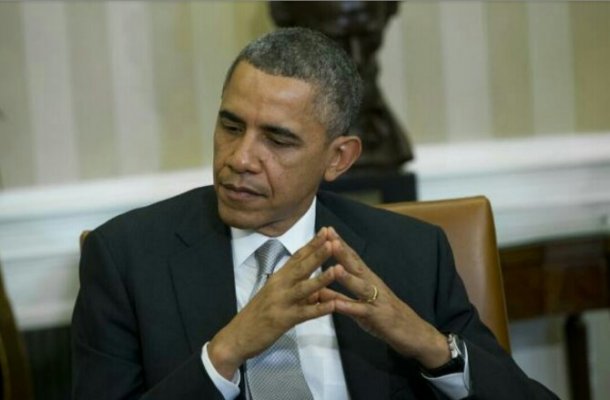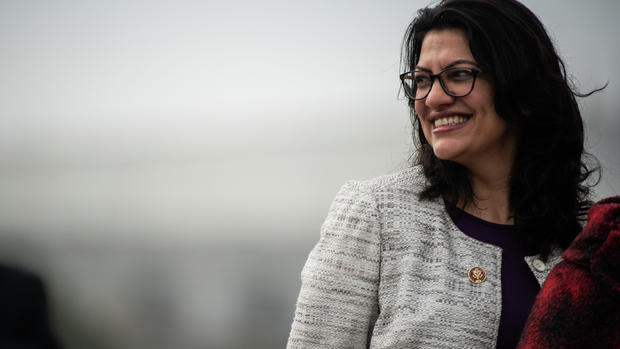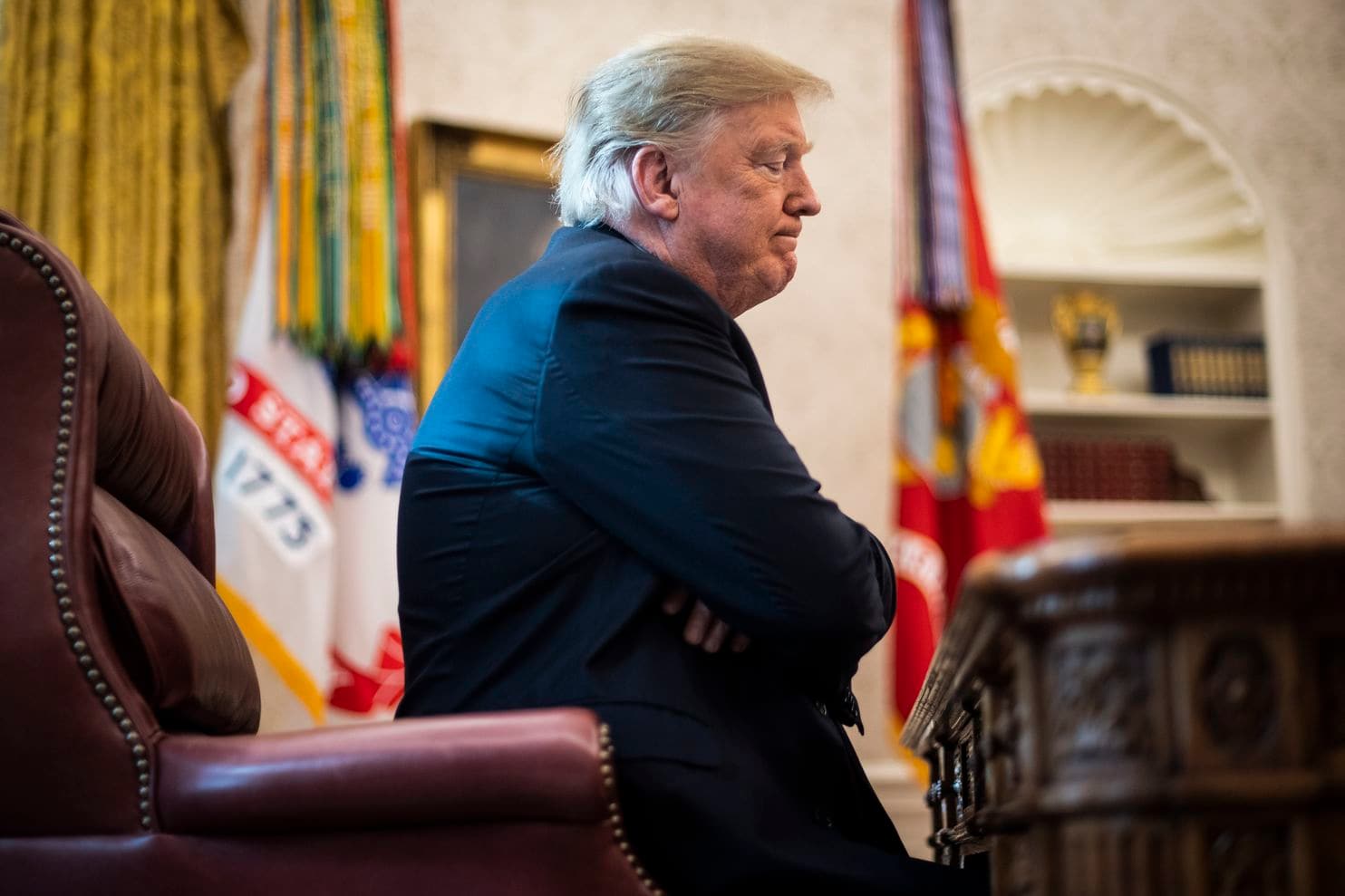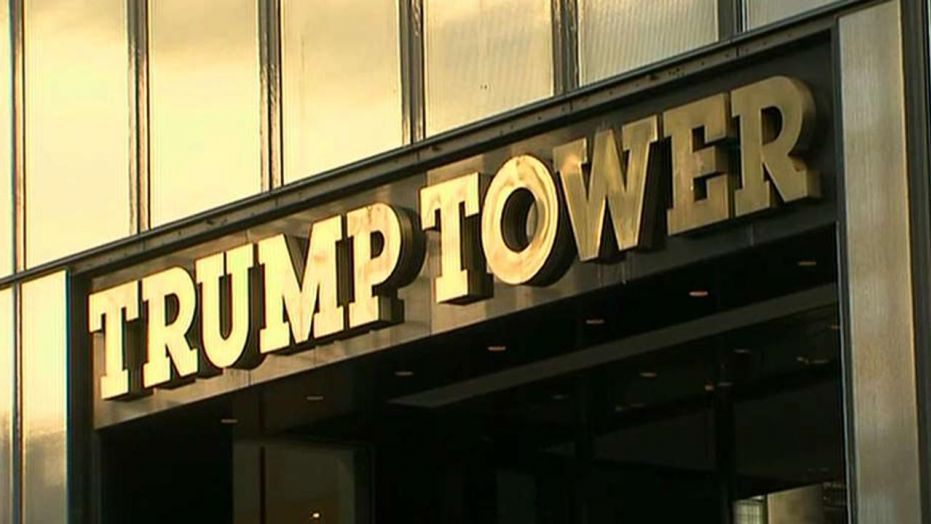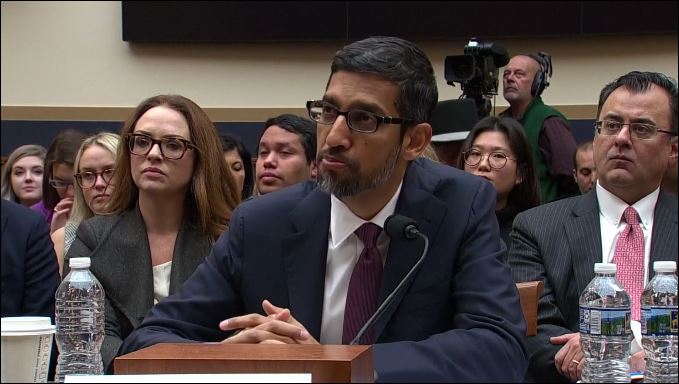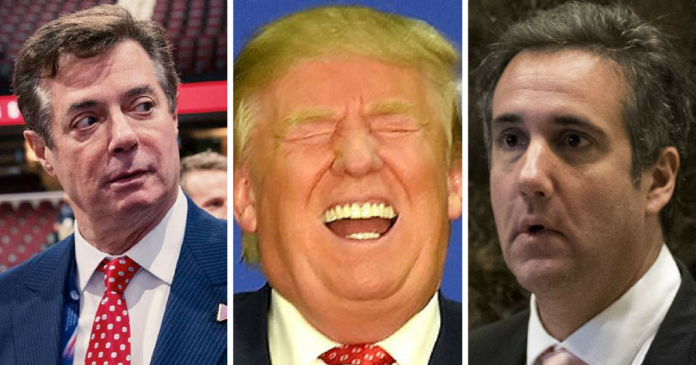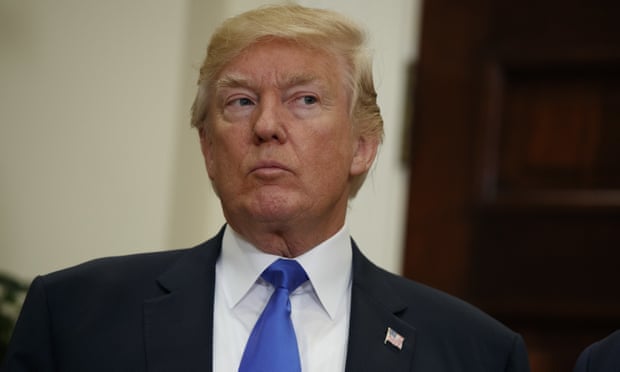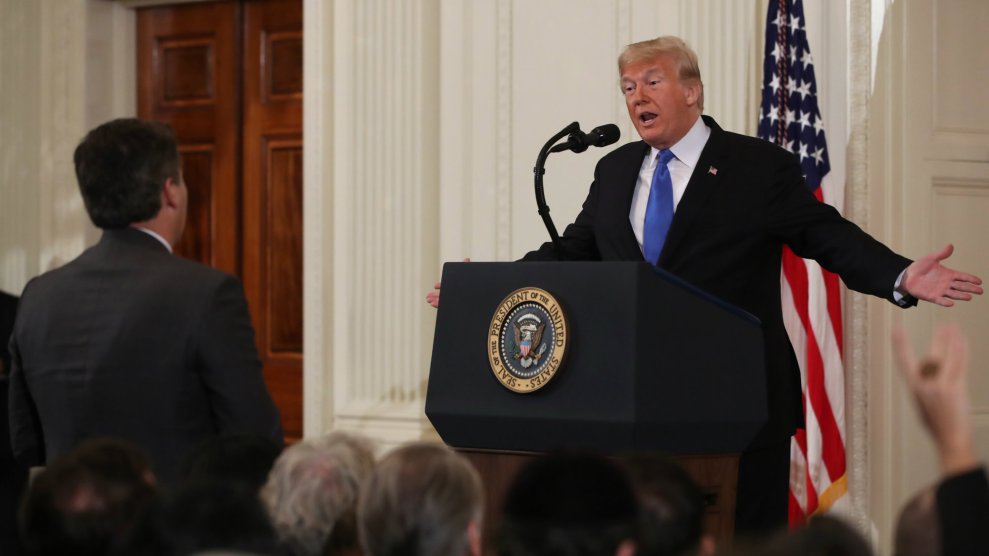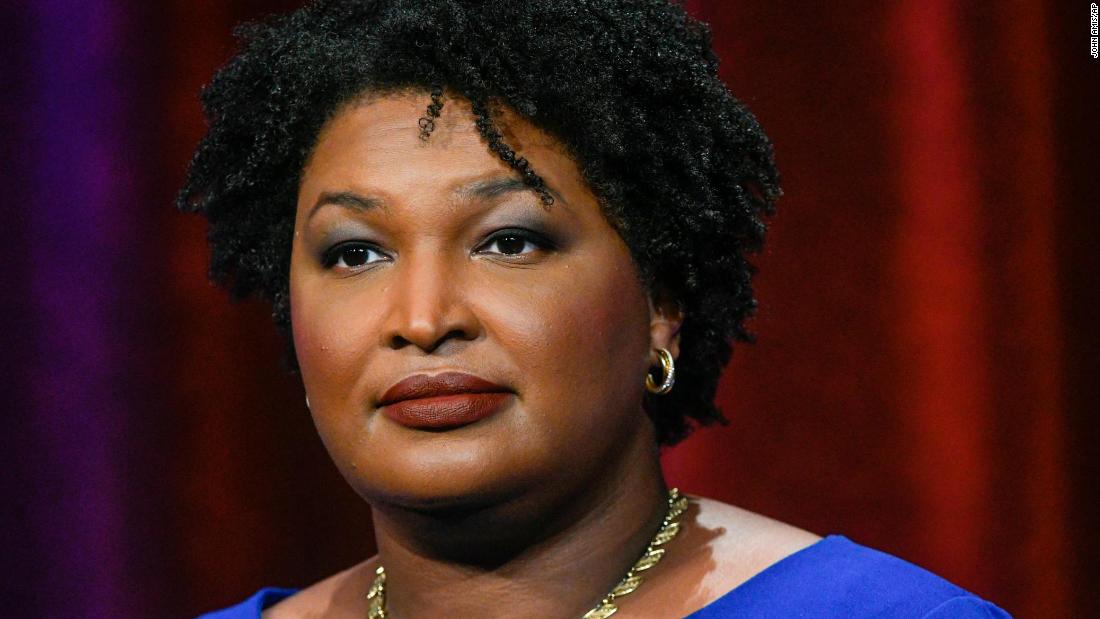An internal White House assessment concludes that President Obama must distance himself from a recalcitrant Congress after being badly damaged last year by legislative failures, a government shutdown and his own missteps.
Obama has said that his fraught relationship with Congress, especially after Republicans won the House in 2010, complicated his ability to promote his agenda. But for the first time, following what many allies view as a lost year, the White House is reorganizing itself to support a more executive-focused presidency and inviting the rest of the government to help.
The new approach comes after weeks of internal White House debate over a single question: What went wrong in 2013? The answers will help determine the outline of the State of the Union address Obama will deliver Tuesday evening, as well as how he pursues a meaningful legacy in the remainder of his term.
Last year began with the fresh-start ambitions of his second inauguration but ended in a long trail of mistakes, international embarrassments and missed legislative opportunities that sapped Obama’s credibility with the public.
Senior adviser Dan Pfeiffer outlined the lessons learned in a three-page memo that Obama discussed with his Cabinet in recent weeks, according to several administration officials who have read the document.
Among its conclusions is that Obama, a former state legislator and U.S. senator, too often governed more like a prime minister than a president. In a parliamentary system, a prime minister is elected by lawmakers and thus beholden to them in ways a president is not.
As a result, Washington veterans have been brought into the West Wing to emphasize an executive style of governing that aims to sidestep Congress more often. A central ambition of Obama’s presidency — to change the way Washington works — has effectively been discarded as a distraction in a time of hardening partisanship.
